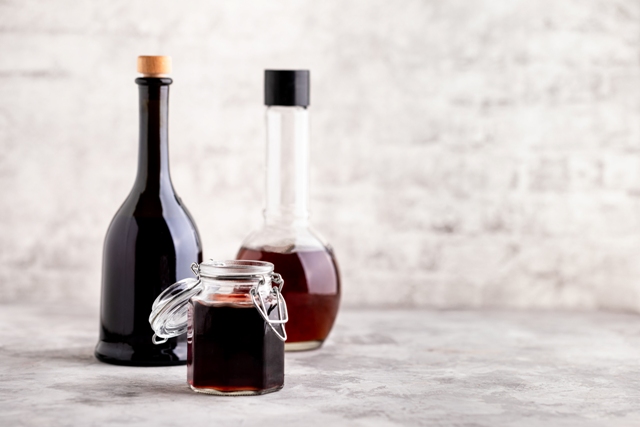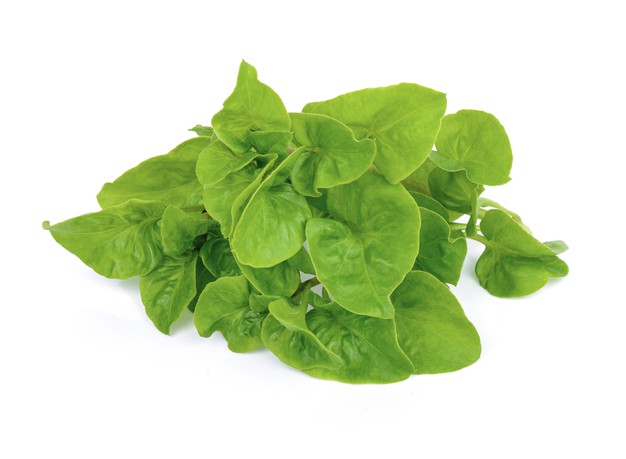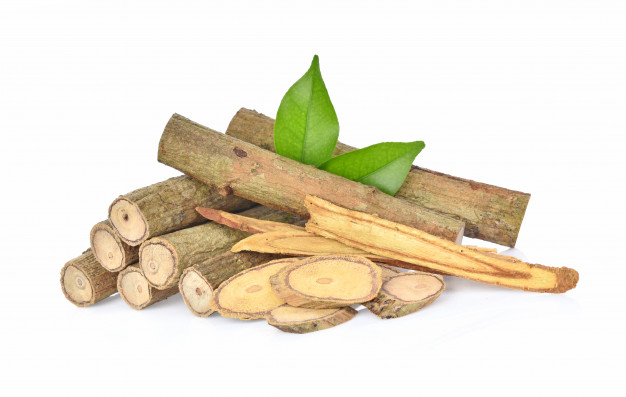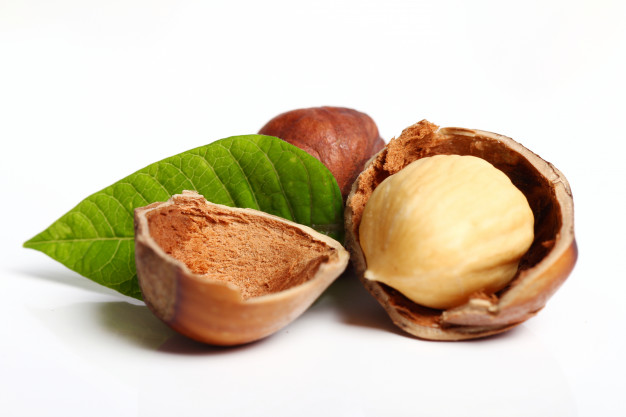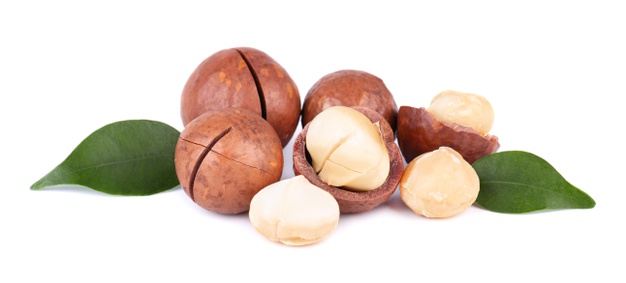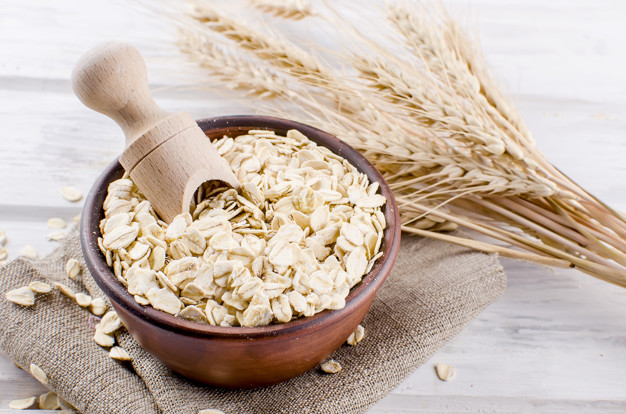The vinegar, which is prepared from dried and germinated barley, is generally termed as malt vinegar. It is obtained through fermentation process, where it is malted and brewed into ale.
Biological activity
Antioxidant activity
- Polyphenols and vitamin components of malt vinegar are considered as the main components that exert antioxidant activity
- It plays significant role in reducing oxidative stress, which ultimately lowers the risk of developing chronic illness
- It is also associated with protecting the body from free radical induced oxidative damages by lowering the concentration of free radicals in body
- It helps to prevent lipid peroxidation as well
- It helps to prevent cellular damages and improves cellular activity, which ultimately promotes wellbeing
- It is also associated with protecting various important biological substances of the body from oxidation as a result helps to sustain their activity
Anti-inflammatory activity
- Polyphenols present in malt vinegar are accountable for exhibiting anti-inflammatory activity
- It helps to prevent inflammation by reducing the concentration of inflammatory mediators in body
- It helps to prevent joint swelling as well thus individual suffer from arthritis can include it in their diet
- It is also associated with reducing pain
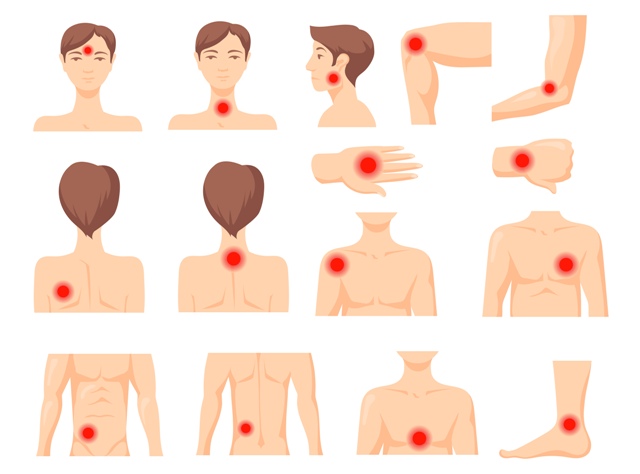

Antimicrobial activity
- It exerts antimicrobial activity too
- It plays significant role in decreasing the load of harmful microorganism within body. It helps to destroy them too as a result it helps to decrease the prevalence of infectious diseases
- Organic acid present in malt vinegar helps in preventing the growth and replication of pathogenic microorganism
- It is very effective for preventing ear infection
- It is also associated with protecting the nail from fungal infestation
Hypocholesterolemic activity
- Acetic acid component of malt vinegar has anti-cholesterol effects, which helps to decrease the concentration of cholesterol in blood
- Whereas its polyphenol components are also responsible for decreasing the concentration of LDL and triglyceride within body
- Chlorogenic acid is another important component present in malt vinegar, which is related with preventing the oxidation of LDL as a result, protects the body from its harmful consequences
- Its cholesterol lowering effect plays significant role in reducing the susceptibility of developing cardiovascular diseases
Anti-carcinogenic activity
- Ethyl acetate is considered as one of the most important components of malt vinegar that exhibit anti-carcinogenic activity
- Its oxidative stress reducing capacity is also responsible for decreasing the prevalence of carcinoma
- It is also associated with inducing apoptosis that ultimately hinders the growth of cancerous cells
- It significantly decreases the activity of cancerous cells by combating the metabolism especially glycolysis of cancerous cells
- It is extremely effective for decreasing the prevalence of breast cancer, colon cancer, prostate cancer and lung cancer

Detoxifying activity
- It is extensively used as an imperative detoxifying agent that helps to stimulate the detoxification process of the body as a result helps in eliminating toxins as well as harmful substances from the body
- It is also associated with cleansing the body
Health benefits
Role on immunity
- It plays significant role in improving the immunological responses of the body
- It is also associated with enhancing the activity of immune cells by preventing their oxidative damage
- It helps to increase the resistance power of the body thus plays vital role in decreasing the susceptibility of becoming ill
Role on digestive health
- It plays vital role in improving overall digestive health. Its antioxidant and anti-inflammatory activities are responsible for protecting the digestive tract from damages, which ultimately helps to decrease the prevalence of gastrointestinal disorders
- It is also very beneficial for improving gut health as it contains probiotic bacteria that help in increasing the load of intestinal beneficial microbes within gut
- It is also associated with promoting colonic health
- It is extremely effective for decreasing the prevalence of inflammatory bowel diseases, ulceration and indigestion

Role on nervous system
- It plays vital role in improving the functionality of nervous system
- It is also related with promoting the activity of nerve cells as it helps in protecting them from free radical induced oxidative damages
- It plays significant role in improving cognitive ability as well
- It has seen that consumption of malt vinegar in correct way is linked with increasing neurite growth within pheochromocytoma cells
Role on oral health
- Its consumption is really very effective for improving oral health
- Its antimicrobial activity is responsible for reducing the susceptibility of microbial infestation within oral cavity as a result it helps in improving oral hygiene
- It is also relate with whitening the teeth as its acid component is responsible for removing the stains on teeth

Role on skin
- It has seen that consumption of malt vinegar is extremely beneficial for improving skin health
- Its antioxidant activity is accountable for protecting the skin from free radical induced oxidative damages, which ultimately reduces the risk of developing dermal disorders
- Whereas it’s antimicrobial activity is also responsible for lowering the prevalence of skin infections and also helps to soothe skin irritation
- It helps to prevent ageing as well
- It helps to improve skin glow and plays vital role in making the skin healthy and supple

Therapeutic uses
It has been widely used for numerous therapeutic purposes, like –
- It is extensively used as an imperative preventive measure for hyperglycemia as it exhibits several anti-diabetic effects. It is closely associated with improving insulin sensitivity. On the other hand, its acetic acid component is also responsible for decreasing blood sugar level. It is very effective for reducing the prevalence of type 2 diabetes mellitus
- It is also used as an important remedial action for fever
- It plays significant role in preventing obesity too
- It helps to prevent hypertension as well
- It is also associated with treating and healing poison inside the body
- Its consumption is also very helpful for promoting cardiac health. Its antioxidant activity, anti-inflammatory activity, micronutrient components, fibre and polyphenol components are accountable for improving cardiac functionality. It is also associated with reducing the prevalence of atherosclerosis, coronary artery diseases, angina pectoris, myocardial infarction, strokes and heart attacks
- It helps in improving the growth and functionality of connective tissues as well
- It helps in wound healing
- It has seen that consumption of malt vinegar is also related with decreasing stress, anxiety and depression, which ultimately improves mental health

Culinary uses
It can be used in various ways, like –
- It can be used in meat marinades
- It can be also used for preparing pickles
- It can be used as topping agent for grilled chicken or for grilled fish
- Vegetables can be soaked with malt vinegar, which ultimately helps to enhance their self life
- It can be consumed with bean salad as well
- It can be consumed with French fries too
- It can be well utilized in acidic salad dressing
Risk factors
Though consumption of malt vinegar is health worthy but while consuming malt vinegar, it should be kept in mind that excessive consumption may cause various health hazards, like –
- It may severely damage the enamel of the teeth
- It may damage oral tissues as well
- Its acidic content may also cause irritation in throat
Thus it is always better to consume it in moderation. The recommended dose of malt vinegar is recognized as 5%, so consuming it as per recommendation is a healthy option for avoiding its side effects.


Source:
Grierson, B., 2009. Malt and distilled malt vinegar. In Vinegars of the World (pp. 135-143). Springer, Milano.
Guido, L.F. and Moreira, M.M., 2014. 3 Malting. Engineering Aspects of Cereal and Cereal-Based Products.
Kandylis, P., Bekatorou, A., Dimitrellou, D., Plioni, I. and Giannopoulou, K., 2021. Health promoting properties of cereal vinegars. Foods, 10(2), p.344.
Lim, S.J., Ho, C.W., Lazim, A.M. and Fazry, S., 2019. History and current issues of vinegar. In Advances in Vinegar Production (pp. 1-17). CRC Press.
Smith, R., 2006. FROM ALEGAR TO SARSON'S: A HISTORY OF MALT VINEGAR. Engineering Fracture Mechanics, 73, p.2530.
